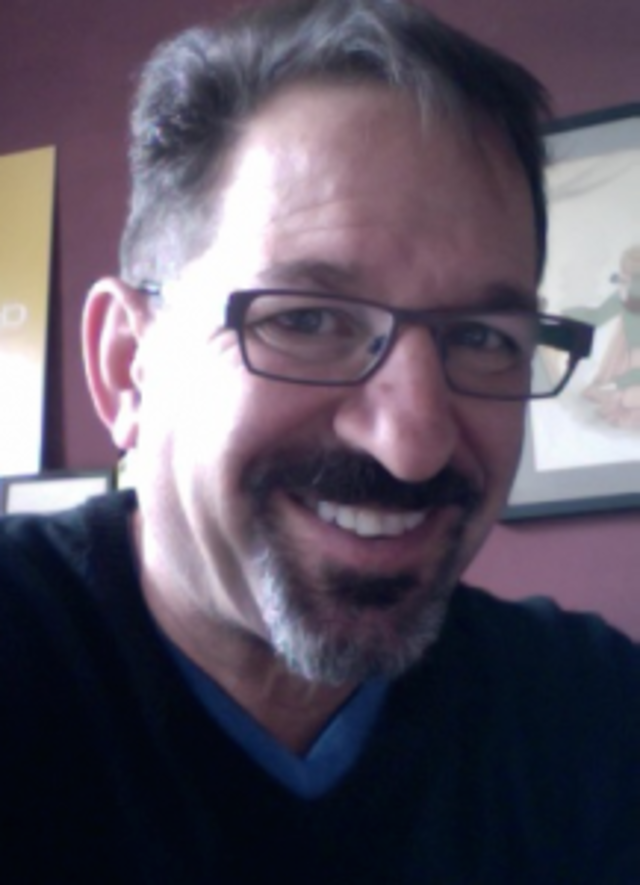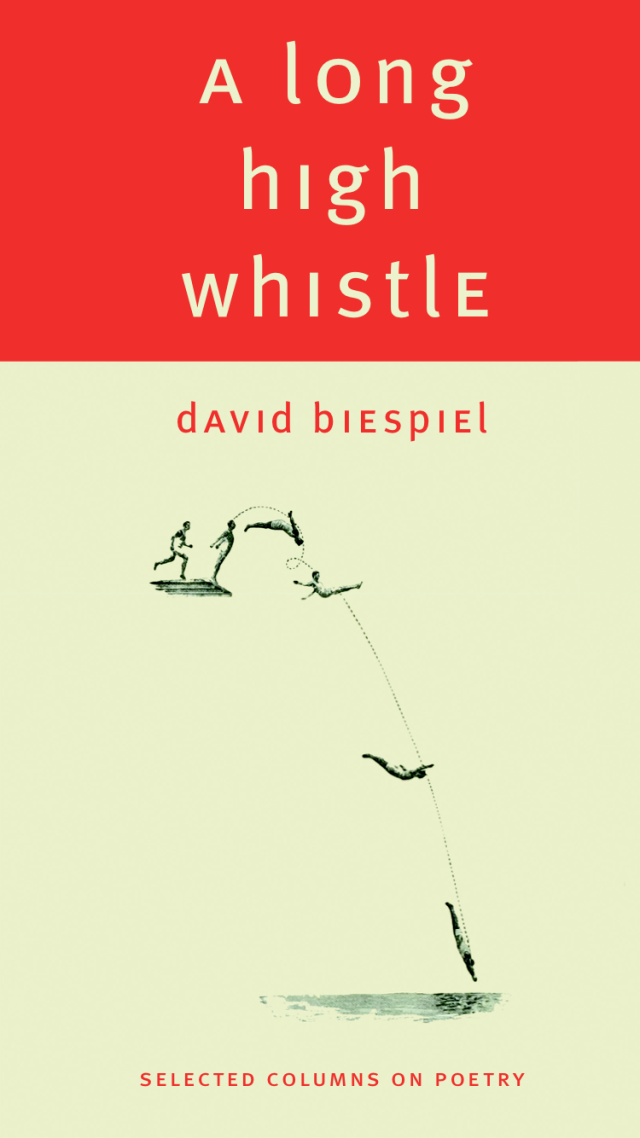Portland's Poet David Biespiel Talks Politics and Going Viral

Photo courtesy of David Biespiel
David Biespiel is one busy poet. In addition to his contributions to The Rumpus and Politico, he is also president and founder of Southeast Portland’s Attic Institute of Arts and Letters, a book-heavy labyrinth of offices and classrooms that works with upwards of 750 writers a year, including the likes of Cheryl Strayed and Jon Raymond.
“There’s nothing like us in the city,” says Biespiel. “We’ve been praised as the best place to study creative writing in the country.”
Biespiel is intimately familiar with the study of creative writing. From 2003-2013, he wrote the longest-running poetry column in the country for The Oregonian. A selection of those popular columns will be compiled in print for the first time this April—coinciding with National Poetry Month—as Biespiel publishes A Long High Whistle: Selected Columns on Poetry. We spoke to him about being cultural consumers, politics and preservation, and the detectable sharpening of Portland's poetry scene.
ON HIS COLUMN’S GOALS...
Above all, it was about how to read poems, for regular readers and regular cultural consumers...and those people who are nervous around poetry, but not nervous about movies or dance in the same way. The column was a way to say that the waters were safe—you can be a cultural consumer who consumes poems. This was kind of a hand in for people who were interested but thought they needed a skill set other than just reading.
ON HIS MOST POPULAR COLUMN...
That column ["What is Lyric Poetry?"] will be the first in A Long High Whistle. For some reason that one..went viral, which in the poetry sense is more like a sneeze. That one got sent around a lot. But you never really know what people like, do you? Unless they don’t like it. Then they always tell you.
ON THE POET IN THE WORLD...

I don’t think that poetry exists in a vacuum separate from the world. We’re seeing that play out now. There’s a controversy in the ranks of the poets right now about a poet who doesn’t write poems per say but takes other texts and calls them poems, re-fashions them. He thinks that the role of the poet is not to create something subjectively, but to conceive of some other text as poem. The text he most recently conceived as poem was the autopsy report on the death of Michael Brown. That has caused a lot of controversy, as you can imagine. The idea behind this poet’s work is that anything can be a poem, and you can refashion or even refashion anything into a poem regardless of its consequences. Once it pops up into the real world, though, the real world doesn’t always appreciate that. There’s a lot of argument about appropriation of this person’s death, his family’s pain. My take is...it’s all fun and games until someone gets hurt, right? There can be this irresponsibility about art, with this idea that it’s not related to reality. Whereas I think poets exist in the world and reflect the world.
ON THE POET’S CIVIC ROLE...
I just think that even the poet who writes about flowers growing in the garden as a way of turning their back on political events, that too is a political statement. That is an attempt to preserve something, a stillness or slow growth. Not just thematically but emotionally and artistically: That poet is trying to preserve something. Preservation is a political statement—a very conservative political statement, but still a political statement.
ON PORTLAND’S POETRY SCENE...
It’s very different from where I was before. I lived in DC for many years. The East Coast scene by and large in that era was pretty...sharp. Lots of camps, with the venues to have those debates in public. When I moved out here, especially to Portland, there weren’t many camps and the camps I did detect all just got along personally, which wasn’t always the case in my experiences. I detect a little sharpening, but it’s still a very friendly place for poets.
Biespiel will read from A Long High Whistle on April 19, at Powell’s on Hawthorne.
National Poetry Month kicks off on April 1 at a triple-header reading at the Powell’s City of Books as poets Jim Moore, Lisa Fishman, and Clementine von Radics read from their newest collections. National Book Award winner Mark Doty will also speak at the Winningstad Theatre on April 27th.




